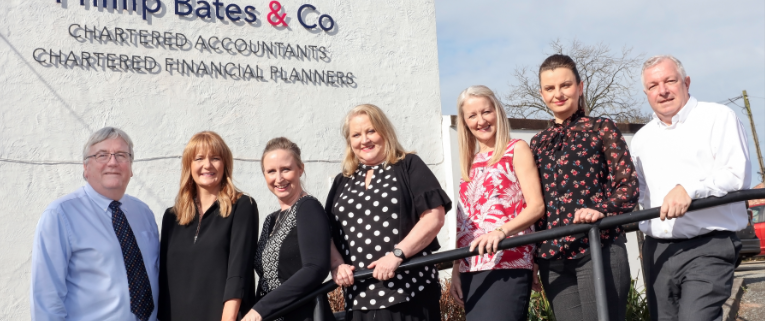Chancellor Rishi Sunak will deliver his much-awaited Budget on March 3.
There would appear to be two major priorities for Mr Sunak.
Firstly, the Government has trailed that it intends to put in place a so called ‘endemic recovery plan’ which will entail further significant state spending to help tackle the now serious jobs crisis affecting Britain.
Alongside this, the Chancellor needs to start to signpost the means by which it also intends to recoup some of the vast sums that have already been spent combating the virus.
The need to continue with historic levels of spending from the public purse while, at the same time, starting to claw back money into the Treasury presents Mr Sunak with a tricky balancing act.
My view is that this Budget will start to outline some of ways in which he intends to raise money, but hold back on several measures until a later date.
On the table this time or in the near future will almost certainly be:
- Changes to tax reliefs on pension contributions.
- Capital Gains Tax rate rises.
- Increased taxation on dividends affecting company owners and the self-employed.
It is at times like these that many of our clients benefit from the Phillip Bates & Co Chartered Partnership combining the expertise of our accountancy and financial services businesses.
Together with Phil Bates and our respective teams, we work closely to ensure that clients receive the most considered and comprehensive advice to do with their businesses and their investments.
The Budget will also see a decision as to whether the Stamp Duty holiday will finish at the end of March as planned or be extended for a further period. My expectation is that the Chancellor will wish to see Stamp Duty normality resumed.
While the start of 2021 has continued to see some volatility in the markets, the rapid roll-out of the vaccination programme in the UK and elsewhere is the most positive news since the pandemic began and, hopefully, signals that the road to recovery can now be more clearly defined.





